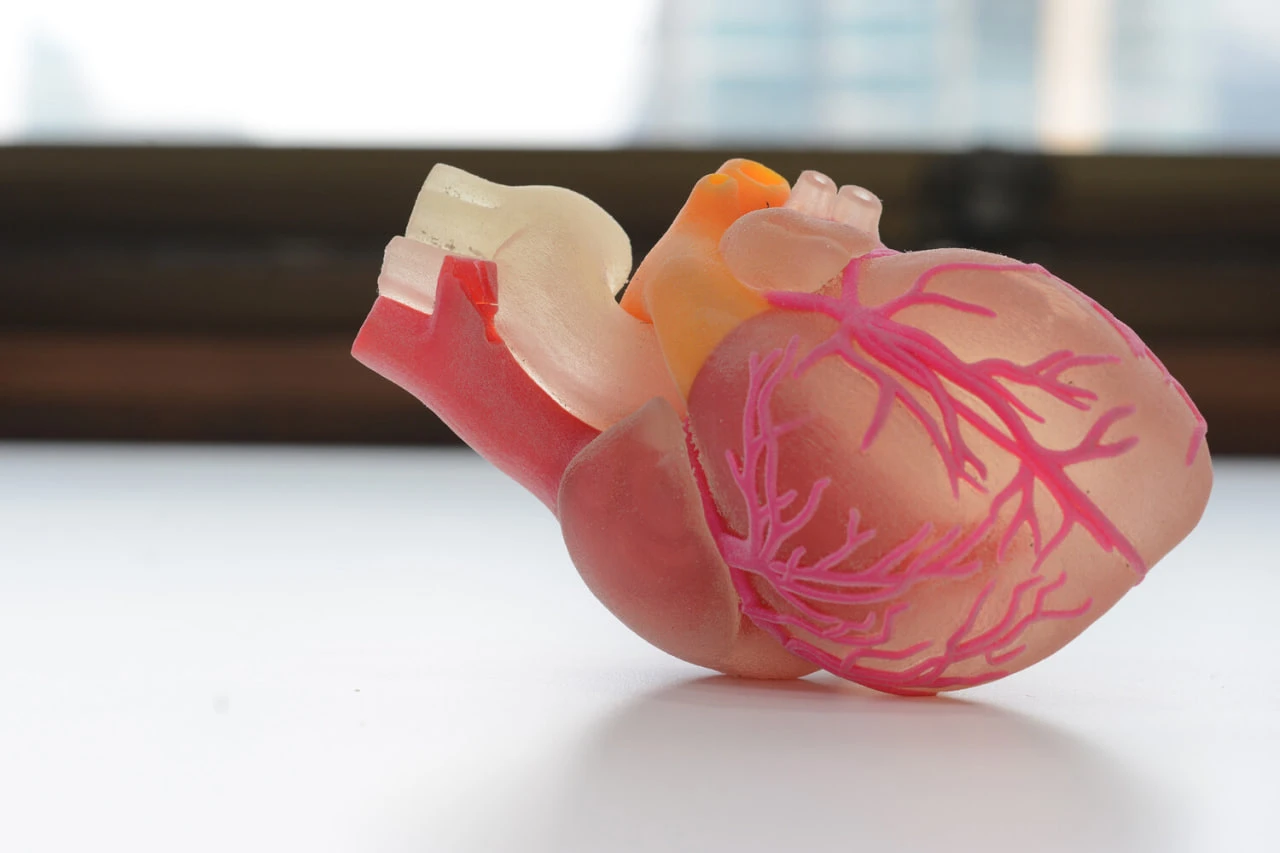Ages 18 to 25 are a time of first big decisions: school, work, new relationships, and the beginning of adulthood. However, doctors warn that it is during these years that many begin to develop habits that undermine heart health, according to The Conversation.
According to electronic health records, the incidence of cardiovascular disease has doubled in Americans under 40 and tripled in smokers over the past 15 years. However, most young people still think that heart attacks and hypertension are diseases of the "older generation".
"I see more and more patients between the ages of 20 and 25 who have high blood pressure, high sugar and obesity," said the US-based cardiologist and researcher. "These risks develop very early, sometimes even at the end of school."
The main cause is atherosclerosis, deposits of fat and cholesterol on the walls of blood vessels. Research shows that heart health begins to deteriorate as early as age 17. Starting from this age, indicators of blood pressure, sleep, food and physical activity gradually change to negative.
Nicotine is considered one of the most dangerous factors. Its use among 18-23 year olds has increased from 21% in 2002 to 43% in 2018, thanks to vaping and nicotine patches. Nicotine damages blood vessels, accelerates atherosclerosis and increases the risk of heart attack.
The statistics on overweight are equally worrying. One in five people under the age of 25 already have a body mass index above 30. By the age of 35, almost 60% of young people are predicted to have passed. Meanwhile, less than half of young adults realize that high blood pressure, cholesterol, and physical inactivity are directly linked to heart disease risk.
Regular doctor visits, blood pressure and sugar measurements, and family medical history discussions all help identify hidden risks at an early stage. Experts advise not to wait for the doctor to raise the topic of heart disease, but to ask directly.
The American Heart Association identifies eight key factors that affect heart health. Four of these are behavioral: regular physical activity (about 20 minutes a day), smoking cessation, adequate sleep (7-9 hours), and a balanced diet with plenty of fish, berries, and vegetables.
The other four are medical indicators: blood pressure, sugar level, cholesterol and body mass index. Three of these indicators have significantly worsened among young people in recent years.
Cardiologists emphasize that now is the time to pay attention to the heart. Checking your blood pressure and sugar levels, giving up e-cigarettes, walking instead of taking a cab, and eating home-cooked meals instead of fast food may seem like small decisions, but they're the ones that shape your health for decades to come.
Translation:Euromedia24.com-in:


























